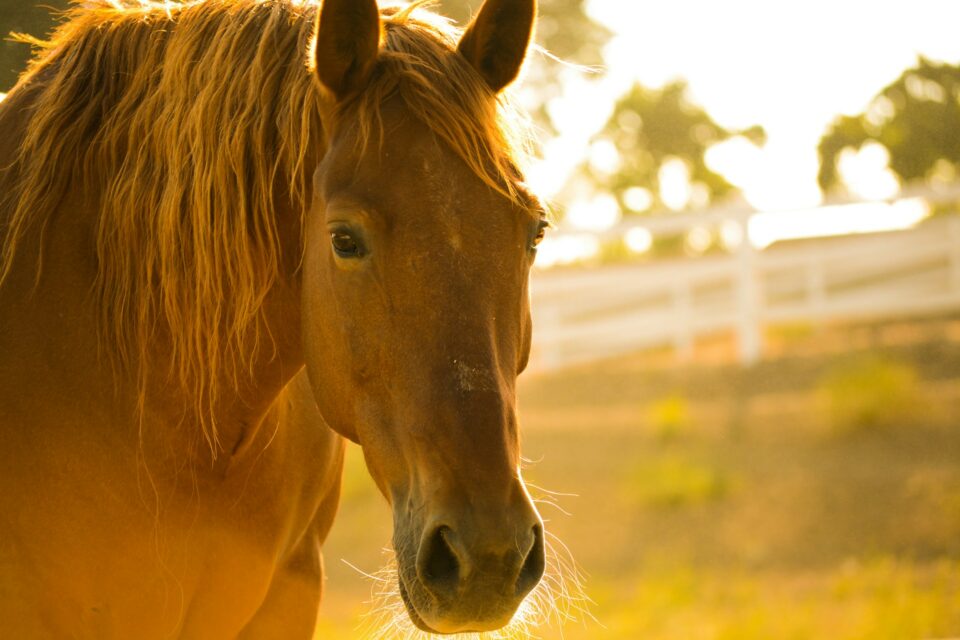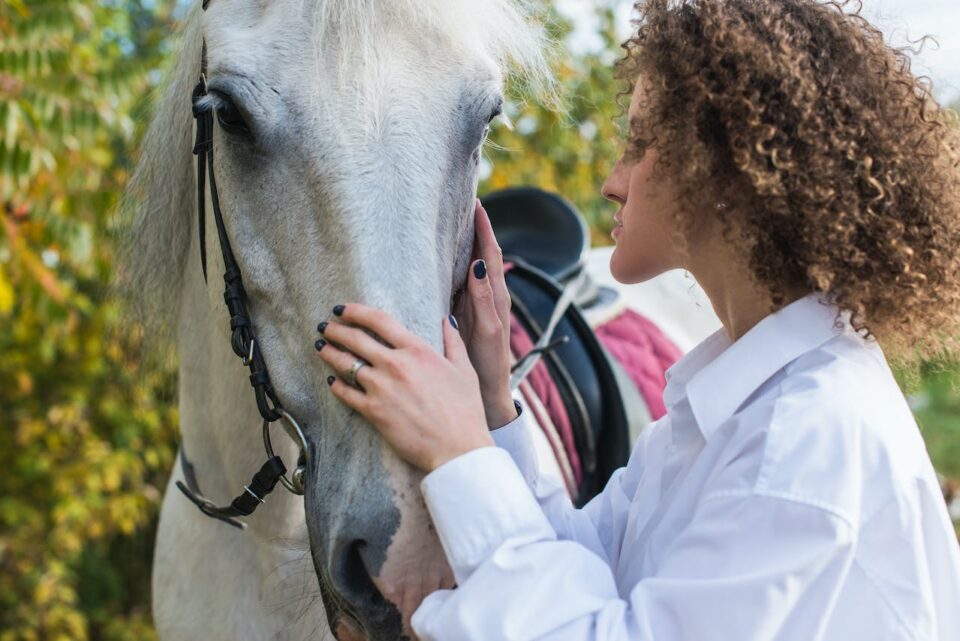Unraveling the Mystery of Why Horses Drool
Why do horses drool? This is a question that has puzzled many horse owners and enthusiasts. Drooling in horses is familiar, yet it often raises concerns about their health and behavior. Understanding why horses drool is crucial, as it can signify various underlying issues.
This article will explore the main factors contributing to horse drooling. We’ll delve into the anatomy and physiology of their salivary glands, common causes of increased drooling, and the role of psychological factors. We will also discuss health conditions that can lead to excessive drooling.
We examine these aspects to answer the central question: “Why do horses drool?” Let’s journey to better understand and care for these magnificent creatures.
Anatomy and Physiology of Horses’ Salivary Glands
The salivary glands in horses play a critical role in their health. These glands function to produce saliva, which is essential for digestion. In normal conditions, they help break down food and facilitate swallowing.
But how do these glands work in horses, and how do they differ from other animals? Understanding these differences is critical to recognizing normal versus abnormal salivation in horses. This knowledge is vital for identifying potential health issues.
Are you curious about why horses drool and how to manage it? Shop with us at Gou Gou Pets Products for expert solutions and quality care items for your equine friends!
Common Causes of Increased Drooling in Horses
Several factors can lead to increased drooling in horses. Dental issues are a common cause, as they can affect salivation. The diet also plays a significant role. Certain foods can stimulate excessive drooling.
Medications and supplements can influence saliva production as well. Environmental factors such as the weather or living conditions can also contribute to drooling.
Recognizing signs of distress related to excessive drooling is essential. It helps in identifying and addressing potential problems promptly.
Related: Common Problems For Active Horses
Psychological Factors Affecting Drooling
Psychological factors, including stress and anxiety, can trigger increased horse drooling. Behavioral patterns associated with drooling can provide insights into a horse’s mental state.
The impact of training and the environment on a horse’s stress levels cannot be understated. Understanding these aspects is crucial for mitigating psychological factors that cause drooling.
Understanding horse behavior about drooling is essential. It allows for better management of their overall well-being.
Health Conditions Linked to Excessive Drooling
Various health conditions can lead to excessive drooling in horses. Oral diseases and infections are common culprits. Systemic illnesses and neurological disorders can also affect salivary glands.
Allergic reactions may impact drooling, too. This highlights the importance of a veterinary diagnosis for health-related drooling. A professional assessment is vital for proper treatment and care.
Seasonal Variations in Drooling
Seasons greatly influence horses’ drooling patterns. The changes in temperature and humidity across seasons can affect saliva production. Horses might drool more in warmer months due to increased temperature and humidity.
Seasonal allergies also play a role in this variation. Horses, like humans, can react to different allergens in the environment, leading to increased drooling during certain times of the year.
Dietary changes that come with the seasons can affect drooling. Different forages available in various seasons can either increase or decrease saliva production.
Preparing horses for these seasonal changes is essential. Proper care and adjustments can minimize the impact of these variations on drooling.
Related: Causes Of Common Horse Allergies
Nutritional Aspects and Drooling

Diet is a crucial factor in regulating a horse’s saliva production. Specific feeds and forages are known to cause excessive drooling. Identifying and managing these dietary elements is vital.
Balanced nutrition is essential for maintaining oral health in horses. A well-balanced diet helps ensure that the salivary glands function properly.
Supplements can be beneficial in regulating drooling. However, they should be used under veterinary guidance. Signs of nutritional imbalances can manifest in changes in drooling patterns. Observing these signs helps in maintaining the nutritional health of horses.
Related: Care Tips For Aging Horses
Prevention and Management of Excessive Drooling
Routine dental care is vital in preventing excessive drooling. Regular check-ups can identify and treat dental issues that may cause increased saliva production.
Stress management techniques are essential for horses. Reducing stress can significantly decrease drooling caused by psychological factors.
Diet adjustments can help in reducing drooling. This includes identifying and eliminating feeds that trigger excessive salivation.
Environmental modifications can aid in drooling reduction. A comfortable and stable living environment can help minimize stress and its effects on drooling.
Regular veterinary check-ups are essential. They ensure any underlying health issues causing drooling are addressed promptly.
Case Studies: Horses with Drooling Issues
Real-life cases of horses with excessive drooling provide valuable insights. Analyzing these cases helps us understand the various causes and effective treatments.
There are success stories of managing drooling in horses. These stories offer hope and practical solutions for horse owners facing similar challenges.
Lessons learned from these case studies are invaluable. They provide guidance and help horse owners in managing drooling effectively. These cases illustrate how understanding and addressing the causes of drooling can significantly improve the quality of life for horses.
Unlock the secrets behind your horse’s drooling – explore our range of horse care products. Shop with us now at Gou Gou Pets Products for tailored solutions and top-notch care essentials!
Understanding and Addressing Your Horse’s Drooling

In this journey of discovery, we have unraveled the mystery behind why horses drool. We have explored various factors. These include the anatomy of salivary glands, psychological influences, and health conditions. Seasonal and nutritional aspects also play a role.
Addressing drooling in horses is essential. It is not just a matter of cleanliness or convenience. It is about understanding the health and well-being of these magnificent creatures. Ignoring excessive drooling can lead to overlooking serious health issues.
We encourage horse owners to be informed and proactive. Staying vigilant about changes in your horse’s drooling patterns is crucial. It is an essential aspect of caring for their overall health.
A visit to Gou Gou Pets is highly recommended for more insights and tips on horse care. They offer valuable resources for horse owners.
Understanding “why do horses drool” is a step towards better care for these animals. It helps ensure their well-being. Caring for horses is a rewarding journey. It requires attention, knowledge, and love. By being attentive to their needs, we can ensure a happy and healthy life for our equine companions.
~Veterinarian Recommended